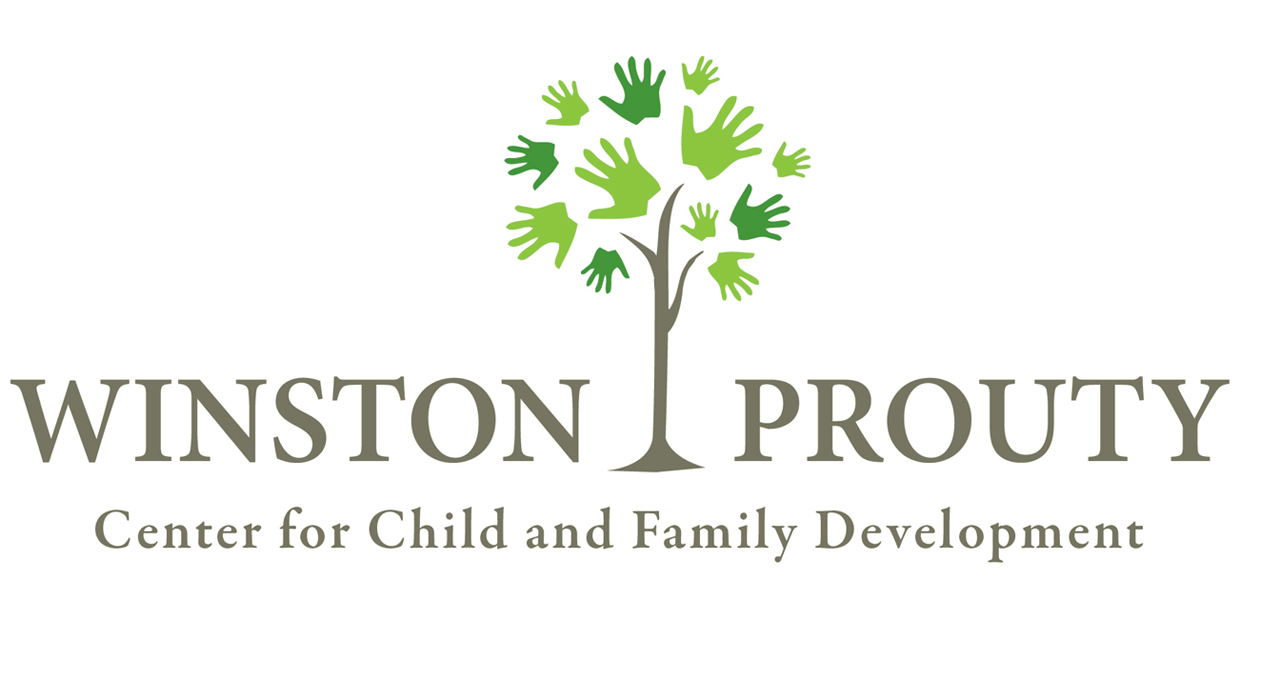The Benefits of Early Intervention

The Winston Prouty Center is celebrating it’s 50th year in 2019! Throughout this anniversary year, we want to share stories of people whose lives have been impacted by the Prouty Center as we celebrate and think about the next 50 years.
Originally published in the Brattleboro Reformer, Tuesday, April 16, 2018
Benjamin Franklin’s axiom “An ounce of prevention is worth a pound of cure” can be applied to child development. Policymakers who developed the Program for Infants and Toddlers with Disabilities recognized identifying developmental delays and disabilities early would lead to better outcomes for children in school and beyond.

In 1986, Congress passed Part C of the Individuals with Disabilities Act with the intention of enhancing development, reducing educational costs, minimizing institutionalization and maximizing independence, and improving the capacity of families to meet their child’s needs. These are targeted services to children birth through age 3 embedded in a natural environment (home, early learning program, etc.) meant to help a family support the optimal development of their child.
The services may be direct speech, physical or occupational therapy, although this is not always required. They are ideally part of a holistic approach which aligns meaningful activities across settings. For instance, if a child is having difficulty with fine motor skills, such as picking up small objects, starting with objects that are useful at playtime and meal time can be immediately rewarding and relevant to daily life.
Since 2005, the number of Vermont children served through early intervention has almost doubled. Contributing factors to this increase include better identification of things like social-communication disorders. The increase in substance abuse has also led to babies born with delays or at risk of having a delay. And, the rise in the number of children in protective custody demonstrates the increased need for early intervention since children who experience abuse or neglect are more at risk for physical, cognitive, and social-emotional delays.
There are 12 regional host agencies of early intervention in the state with the Winston Prouty Center, which was designated the Part C provider in Windham County when the law was developed and implemented in the early 1990s. In 2000, Prouty supported 25 to 30 families. Now it averages 65 to 70 families in the program during any given month.
Over the last two decades, families’ lives have become more complicated, with more people struggling to find and maintain stable housing, afford basic living items like heat and food, and deal with complex issues like mental health and addiction. Being able to support a child successfully means working closely with the family and helping them find ways to understand their child’s development and support it within the context of their situation.
Because it is such a unique job, combining teaching, coaching, home visiting, direct service, and family support, it can be difficult to attract qualified professionals. In Vermont, we also face a shortage of specialty providers such as speech language pathologists who work with young children. If we do not invest in these supports and services early on it will end up costing much more in the long run, particularly in special education at the elementary and high school level.
One of the reasons that birth to 3 is such a critical time for early intervention is that the developing brain is more capable of change during these years given its rate of growth. The brain is 80% developed by age 3 and 90% by age 5 before children even get to kindergarten. The early years are essential for building the strong foundation needed for future success in school and beyond. Early intervention makes a world of difference.
Chloe Learey is the executive director of Winston Prouty Center for Child and Family Development in Brattleboro which is celebrating its 50th anniversary this year. She serves on the Building Bright Futures State Advisory Council, a governor-appointed body that advises the Administration and Legislature on early childhood care, health and education systems.
